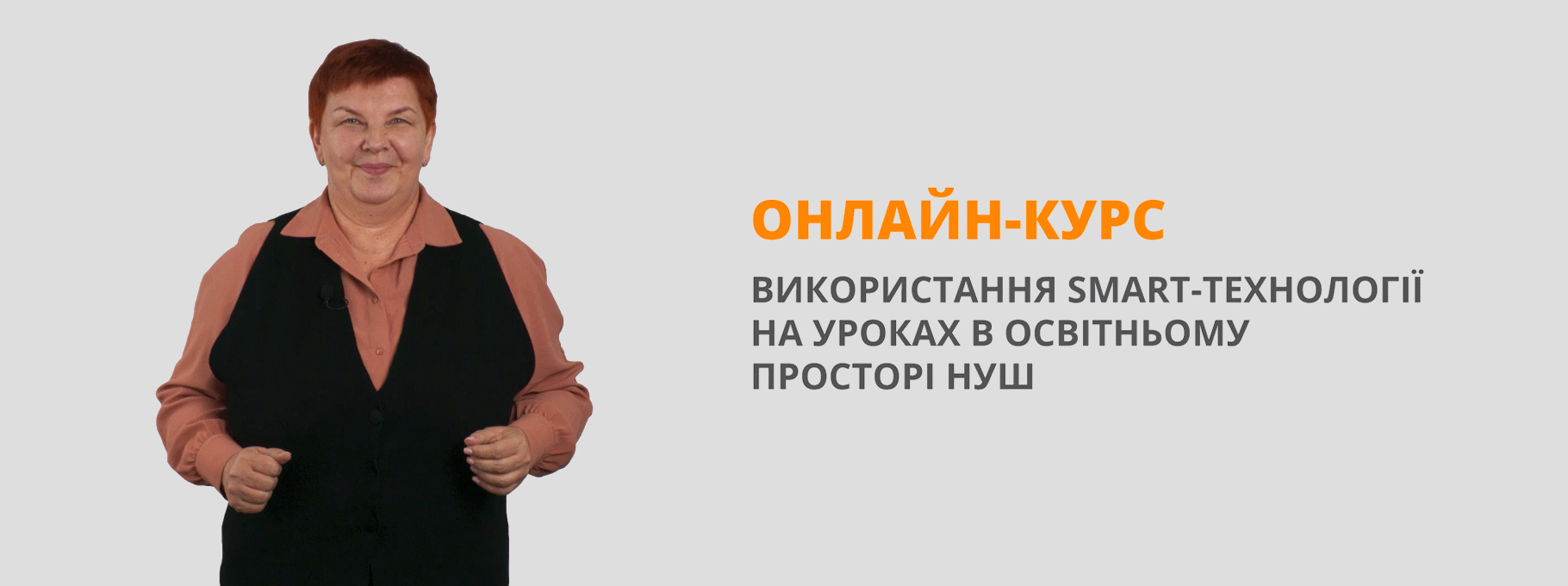Урок "Урок позакласного читання"
Урок позакласного читання
Літературна казка Karlo Kolladi “The Adventures of Pinocchio”.
Мета:
- виробляти навички виразного читання. Вчити орієнтуватись в тексті твору;
- розвивати усне мовлення, збагачувати словник учнів;
- виховувати працьовитість, прагнення бути кращим.
Обладнання: текст для позакласного читання, картки, ілюстрації.
Тип уроку: формування мовленнєвих навичок користування мовним матеріалом.
ХІД УРОКУ
І. Організація класу
Правила уроку
Вчитель. Good morning children!
Сценка- монолог
Pinocchio. My poor Papa, he was so kind to me, he sold his and bought a school-book for me. But I sold my school-book to one of the boys and bought a ticket to the theatre. Am I a good boy?
ІІ. Мотивація навчальної діяльності, повідомлення теми, мети, завдань уроку.
Teacher. Today, we are going to help Pinocchio to be better. But now, let’s think about our behavior. Is it easy to be good?
Pupils. (учні висловлюють думки)
Teacher. Now meet our guest. She will look for our questions.
Вправа «Асоціативний кущ»
КНИГИ
ІІІ. Актуалузація опорних знань
1. Читання і пояснення прислів’їв
Teacher. The little Fairy has proverbs to you. Let’s read them.
Діти читають «розписані прислів’я».
A bad beginning makes a bad ending. – Поганий початок веде до поганого кінця.
Actions speak louder than words. – Вчинки говорять гучніше, а ніж слова.
A lazy sheep thinks its wool heavy. – Ледачій вівці власна шерсть важка.
A lie begets a lie. – Брехня породжує брехню.
Adversity is a great schoolmaster. – Нещастя – великий учитель.
Practice makes perfect. – Практикою досягнеш досконалості.
2. Гра « Портрети»
Play “Who are they?” На дошці записані імена героїв казки: Master Antonio, Geppetto, Alidoro, Harlequin, The Child with the Blue Hair. Діти читають та добирають відповідні ілюстрації.
IV. Робота над текстом казки
1. Вправляння у правильному читанні важких слів (словникова робота).
2. Читання тексту і відповіді на запитання.
Pinocchio ate up everything. Then he wanted to thank the girl. He looked at her and – oh! What did he see?
“What is the matter?” asked the girl and laughed.
“Oh, little Fairy!” cried Pinocchio. I don’t know you at first! Oh, I am so happy to see you again! Little Fairy, little Fairy! I want to have a mamma like other boys! Will you be my Mamma? And I don’t want to be a puppet any more, I want to be a boy. Can you make me a boy?”
“All right! You’ll be a boy. But you must learn to be a good boy,” said the Fairy.
“Do you think I’m not a good boy?”
“Good boys like to learn and to work and you …”
“And I’m lazy.”
“Good boys don’t tell lies…”
“And I always tell lies.”
“Good boys like to go to school”
“I’ll be a good boy, I’ll be a good little boy. Now, please, tell me, where is my poor Papa?”
“I don’t know.”
“Shall I see him and kiss him again?”
“I think so. Now listen, Pinocchio. Tomorrow you’ll go to school.”
“I think that it’s too late for me to go to school now”, said Pinocchio.
“No, it isn’t. It’s never too late to learn. You must learn and then work. Every man must work. Children must work too”.
“I’ll learn and I’ll work. But, please, tell me , shall I be a boy?” cried the puppet. “Yes, you’ll be a boy,” answered the Fairy.
Вправа «правда – неправда»
a). Agree or disagree.
1. Pinocchio wanted to have a school-book like all other boys.
2. Pinocchio wanted to be a fairy.
3.The Fairy said that good boys liked to eat sweets and tell lies.
4. Pinocchio said that he was a lazy boy.
Вправа «Закінчи речення»
b). Complete the sentences.
1. Pinocchio was so happy to …..
2. Pinocchio didn’t want to be …
3. Pinocchio said that he always ….
4. It’s never too late…
Вправа «Робота впарах»
c). Answer the questions.
1. Why was Pinocchio happy?
2. What did Pinocchio want to be?
3. What must every man do?
4. When is it too late to learn?
V. Робота над виразним читанням казки
Виразне читання розмов Феї та Піноккіо в особах.
У ході підготовки вибираємо:
1. слова автора;
2. слова дерев’яного хлопчика;
3. слова маленької феї.
VI. Мовчазне читання.
Учням пропонується прочитати абзац, де йдеться про те, що ніколи не пізно вчитися.
VII. Фізкульхвилинка.
VIII. Вибіркове читання
1. Вчитель пропонує знайти в тексті слова-антоніми
laughed – cried, to be lazy – to work.
2. Слова – синоніми.
to work, to lean
3.Слова, що характеризували б самого головного героя.
(у вигляді кросворда) puppet, little, noisy, boy, cried (2), oh, kind, good.
IX. Підсумок уроку
1. Відповіді на запитання
Teacher. Good children like to lean and to work and you …?
Pupil …
Вправа «Рефлексія»
2. Оцінювання
3. Домашнє завдання
Дітям пропонується ще раз прочитати уривок казки та намалювати до нього відповідний малюнок.

про публікацію авторської розробки
Додати розробку
